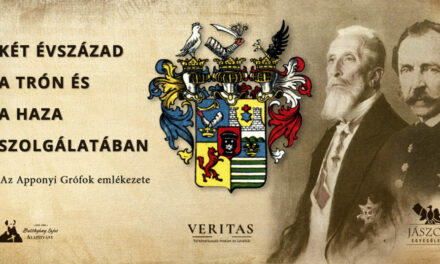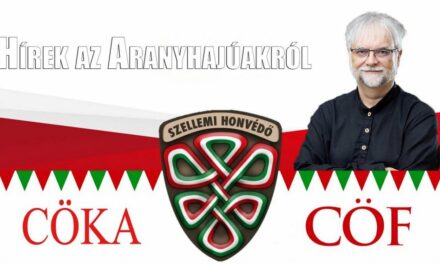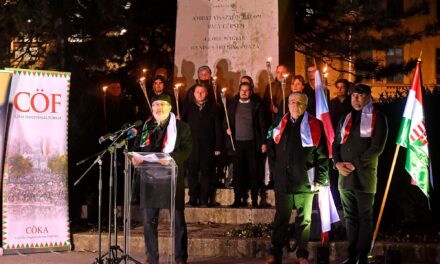Márton Békés is a historian and political scientist, the XXI. The Institute's 21 series of pocket books continues with the volume National Blok - A National Cooperation System by the director of the Század Institute According to the author, the System of National Cooperation, whose purpose is to create a consensus for national integration, can only be understood from within.
Márton Békés points out in his book: the political opponents of the National Cooperation System unsuccessfully tried to analyze the reason for the system's success. They also did not understand that theories imported from the West cannot grasp the internally developed system, which, moreover, has great social support.
ACCORDING TO THE AUTHOR'S POINT OF VIEW, THE ORBÁN SYSTEM CAN ONLY BE EXPLAINED FROM WITHIN, NOT INDEPENDENT OF THE HISTORICAL TRADITIONS OF THE COUNTRY OR OF THE NAME OF THE SYSTEM.
"Since 2010, a social coalition has been forming, which has proven that it stands behind Fidesz-KDNP in three parliamentary elections, the same number of municipal elections, two European Parliament elections and one referendum. All this is complemented by intellectual work that establishes and explains the government's work and civil initiatives that support its decisions (Békemenet, CÖF, civic circles, Tranzit). The main question for the long-term stabilization of the existing order is whether the existing social majority can be transformed into a political majority that results in a parliamentary majority. In other words, in the words of Gábor G. Fodor, can a majority be organized behind the truth? The main guarantor of this is the creation of a cultural majority," reads the book's introduction.
The practicality of the pocket book series 21 is confirmed by its name, size, scope and choice of topic: "21 is the XXI. Pocket book series of the Century Institute. It can even be read in one breath. On the tram, bus, train, beach and at home. It fits in your pocket, it crawls into your head. This is 21 - contemporary ideas for contemporary problems. 21 (with Roman numeral: XXI) is a natural number. Mathematically, it has many characteristics: an odd number, a complex number, a triangular number, an octagonal number, a Fibonacci number, and even a 2-hyperperfect number. In chemistry, the 21st element of the periodic table is the silver-white rare earth metal called scandium (Sc). Also known as 21 card game, it is played with French cards without jokers. When playing with Hungarian cards, the goal is for the total value of the player's cards to be as close as possible to 21, but not to exceed it. Whoever has twenty-one wins for sure."
Source: Origo
Photo: Attila Polyák












